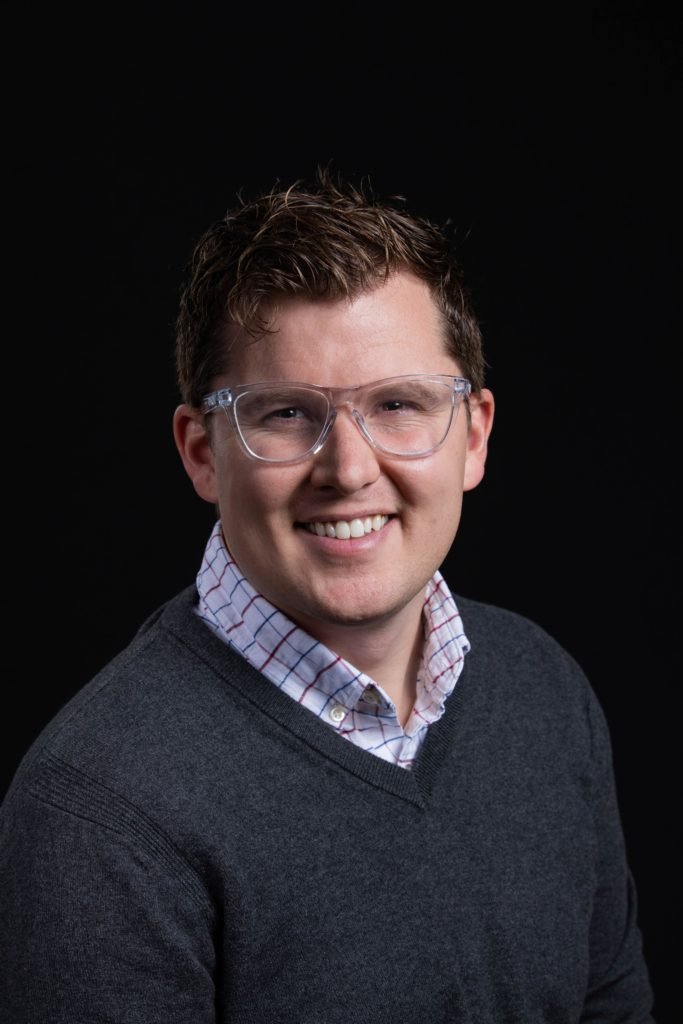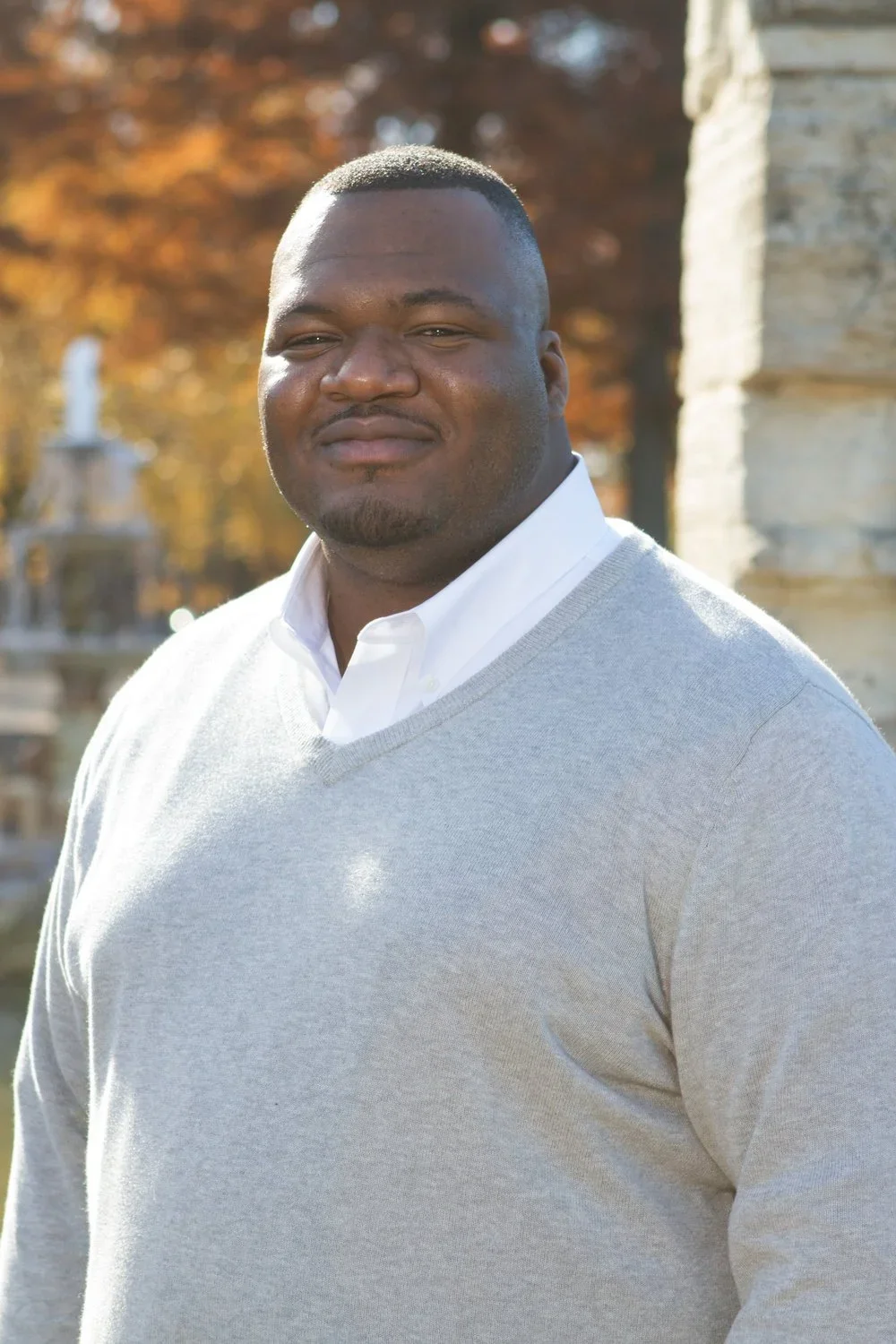Broader Leadership
Dani Gilbert is an Assistant Professor of Political Science and Faculty Associate with the Institute for Policy Research at Northwestern University. Her research explores the causes and consequences of hostage taking in international security, including projects on rebel kidnapping, hostage recovery policy, and hostage diplomacy. Dani’s research has been published in the American Political Science Review, Comparative Political Studies, International Studies Perspectives, Studies in Conflict & Terrorism, Terrorism & Political Violence, the Texas National Security Review, and the Journal of Political Science Education, and she has written for outlets including Foreign Affairs, the Washington Post, War on the Rocks, Lawfare, and Good Authority. She served as a member of the Bipartisan Commission on Hostage Taking and Wrongful Detention at the Center for Strategic and International Studies (CSIS) in Washington, DC and has advised the Australian, British, Canadian, and U.S. governments as well as the United Nations on hostage recovery policy. Before joining the faculty at Northwestern, Dani was a Fellow in U.S. Foreign Policy and International Security Dartmouth College, an Assistant Professor of Military & Strategic Studies at the United States Air Force Academy, and a Minerva-Jennings Randolph Peace Scholar at the United States Institute of Peace.
Andrew W. Reddie is an Associate Research Professor at the University of California, Berkeley’s Goldman School of Public Policy, and Founder of the Berkeley Risk and Security Lab. His research at the intersection of technology, politics, and security examines how technology shapes international order—with a focus on nuclear weapons policy, cybersecurity, AI governance, and innovation. His methodological work focuses on the use of experiments and wargaming methods. Andrew serves in faculty leadership roles at UC Berkeley’s Center for Security in Politics, the Berkeley APEC Study Center, and UC-wide Disaster Resilience Network. He is also an affiliate of UC Berkeley’s Institute of International Studies, the Institute of East Asian Studies, and the Center for Long-Term Cybersecurity, as well as the University of California’s Institute on Global Conflict and Cooperation. Andrew received his B.A. and M.A. degrees from the University of California, Berkeley, an M.Phil. in International Relations from Oxford University and his Ph.D. from the University of California, Berkeley in 2019.
Suparna Chaudhry is an Associate Professor in the Department of International Affairs at Lewis & Clark College. Her research interests include human rights, international law, and political violence, with a specific focus on the causes and consequences of state persecution of NGOs and activists. Her work has been published in International Organization, Journal of Peace Research, International Interactions, International Studies Review, Journal of Human Rights, Nonprofit and Voluntary Sector Quarterly, Global Policy, as well as The Washington Post and Foreign Policy, and her forthcoming book Civil Societies, Uncivil States: State Repression of NGOs will be published in 2026 with Cornell University Press. Her work has received the American Political Science Association’s (APSA) Human Rights Section's award for Best Dissertation, the International Studies Association's (ISA) Best Human Rights Paper Award and the Robert O. Keohane Award for best article published by a junior scholar in International Organization. Previously, she was a Post-Doctoral Fellow in U.S. Foreign Policy and International Security at Dartmouth College. She received her Ph.D. in Political Science from Yale University, an M.A. in International Relations from the University of Chicago, and a B.A. in History (Honors) from St. Stephen's College, University of Delhi.
Rachel Elizabeth Whitlark is Associate Professor in the Sam Nunn School of International Affairs at the Georgia Institute of Technology. In 2024, she served as Senior Nuclear Deterrence Policy Advisor on the Nuclear Deterrence Policy team in the Office of the Assistant Secretary of Defense for Space Policy, Deputy Assistant Secretary of Defense for Nuclear and Counter Weapons of Mass Destruction. For her work, Whitlark earned the Office of the Secretary of Defense Medal for Exceptional Public Service. Whitlark is also a nonresident senior fellow in the Forward Defense practice of the Atlantic Council’s Scowcroft Center for Strategy and Security and a Director with Bridging the Gap. Previously, she was a Post-Doctoral Research Fellow with the Project on Managing the Atom and International Security Program within the Belfer Center for Science and International Affairs at Harvard University’s Kennedy School of Government and a Stanton Nuclear Security Fellow with the Massachusetts Institute of Technology’s Security Studies Program. Whitlark’s scholarship examines nuclear proliferation, counterproliferation, and foreign policy decision-making. Her book, All Options on the Table: Leaders, Preventive War, and Nuclear Proliferation (Cornell University Press 2021), investigates American and Israeli decision-making regarding the use of preventive military force as a counter-proliferation strategy. Her work has been published in such journals as Security Studies, the Journal of Conflict Resolution, International Studies Quarterly, and International Studies Perspectives, as well as in policy outlets including The Washington Quarterly, Texas National Security Review, the Bulletin of the Atomic Scientists, and Survival. She has also written for War on the Rocks, The Duck of Minerva, The Washington Post’s Monkey Cage, and TheWeek.com. She holds a PhD in political science from the George Washington University, an MA in international policy studies from Stanford University, and a BA in international affairs, also from George Washington.
Emmanuel Balogun is an Associate Professor of Political Science at Skidmore College. His research focuses on African politics, especially how African countries engage with multilateralism to position themselves in international policy. Emmanuel teaches in the Department of Political Science at Skidmore College. He is a Visiting Fellow at the Hoover Institution at Stanford University and a “Good Fellow” with Good Authority. He is formerly an Adjunct Associate Professor at in the Security Studies Program at Georgetown University. He received the 2021 Skidmore College President’s Award for Excellence. Emmanuel is a first-generation Nigerian-American. He has a Ph.D. in Political Science and International Relations from the University of Delaware, an M.A. from Western Illinois University, and a B.A. from New England College, where he was a first-generation college student. Emmanuel has published and presented his research internationally. Emmanuel serves on the Board of Trustees at New England College and is a Council on Foreign Relations Term Member. He lives in upstate New York with his family.
Debak Das is an Assistant Professor at the Josef Korbel School of Global and Public Affairs at the University of Denver. His research is at the intersection of international security, nuclear proliferation, crises, and international history. Specifically, his work focuses on the politics of nuclear delivery systems and the global nuclear order. Debak’s research and writing have been published in the Bulletin of the Atomic Scientists, Global Studies Quarterly, H-Diplo Robert Jervis International Security Studies Forum, International Studies Review, Lawfare, Political Science Quarterly, Research and Politics, Security Studies, Texas National Security Review, The Washington Post, and War on the Rocks. Debak earned his PhD in Government from Cornell University in 2021. He was the MacArthur Nuclear Security Pre-Doctoral Fellow in 2019-2020, and a Stanton Nuclear Security Post-Doctoral Fellow in 2021-2022, at the Center for International Security and Cooperation (CISAC) at Stanford University. Debak holds an M.Phil in Diplomacy and Disarmament, and an M.A. in Politics (specializing in International Relations) from the Jawaharlal Nehru University, New Delhi. Debak is also an affiliate at CISAC at Stanford University, the Centre de Recherche Internationales (CERI) at Sciences Po, Paris, and at the Council for Strategic and Defense Research, New Delhi






